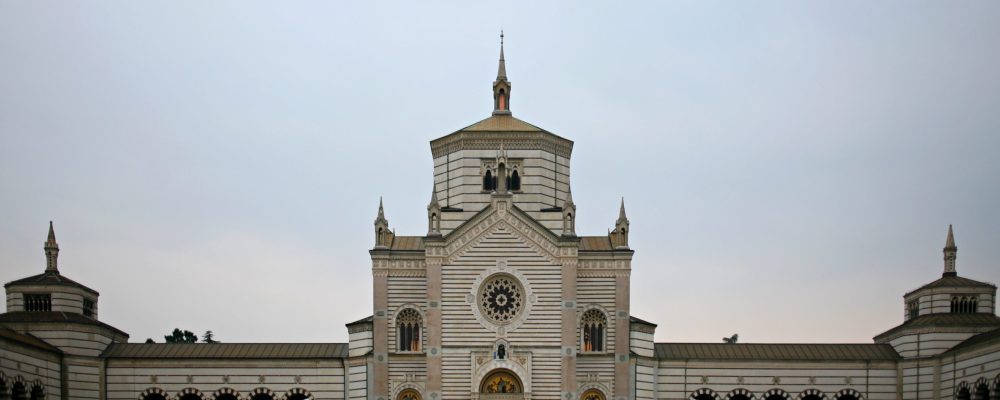Cemetery management will soon become an emergency and a matter of human dignity
by Valeria Genesio
Dear editorial director, today we celebrate our dead, but dying in Italy is no longer enough. And the place for eternal rest has become temporary. These days, cemeteries filled with flowers give us the image of a country still deeply attached to its departed loved ones. But those who have recently experienced bereavement know that, in addition to grief, there is another burden: the bureaucracy necessary to ensure a dignified postmortem resting place for their loved ones.
Cemeteries are full, concessions are expiring, and fees are rising. The matter is entrusted to local councils, each with its own regulations. Cemetery concessions are becoming shorter and shorter, and burial niches are being reallocated, often at the discretion of the local council. In many cases, priority is given to residents, as if death had to respect administrative boundaries. Those who have loved ones in another city, or who wish to “return home” after a life elsewhere, often have to ask for permission.
There is no longer freedom of choice. Cremation often becomes the most viable option, not out of conviction but due to lack of space. And the grave, which once evoked the idea of eternity, is now granted for twenty or thirty years, unless renewed, if the local council agrees. Then it is reopened and, depending on the condition of the body, it is either exhumed or transferred to a private cell, another cemetery or, as a last resort, the communal ossuary, thus losing all rights to the deceased.
The intervention
Every step has a cost: eternal rest has become a fixed-term contract. And, above all, those who remain never stop paying. And those who come later pay more and more for everyone. Behind this minute bureaucracy, which is not easy to navigate, lies a deeper issue: the loss of the right to burial as part of the right to dignity. The legislation is clear: cemetery areas belong to the municipal domain and the concession, by its nature, does not confer a perpetual right.
But it is precisely this institutionalised ‘temporariness’ that marks a cultural shift. Cemeteries, once places of collective belonging, have become impersonal, often neglected spaces. The paths are crumbling, the gravestones are fading, the staff is almost non-existent, and finding one’s deceased loved one is often a daunting task. A civilisation is also measured by the way it cares for its dead. Where once words of farewell were spoken, today years, revenue stamps and square metres are quantified. An administrative practice.
Yet the very idea of burial was born as a promise of eternity: from the Egyptians onwards, tombs were built to last for millennia, not thirty years. Here too, we see the paradox of a country that regulates everything except what really matters: the link with time, Roman pietas in the sense of respect for those who came before us, the perpetuation of family values and traditions. And the problem can only get worse: in one of the oldest countries in Europe, where the demographic curve is bending and the average age is rising, even the management of death will become an emergency. Not only in terms of space, but also in terms of meaning.
*President of Agedi


